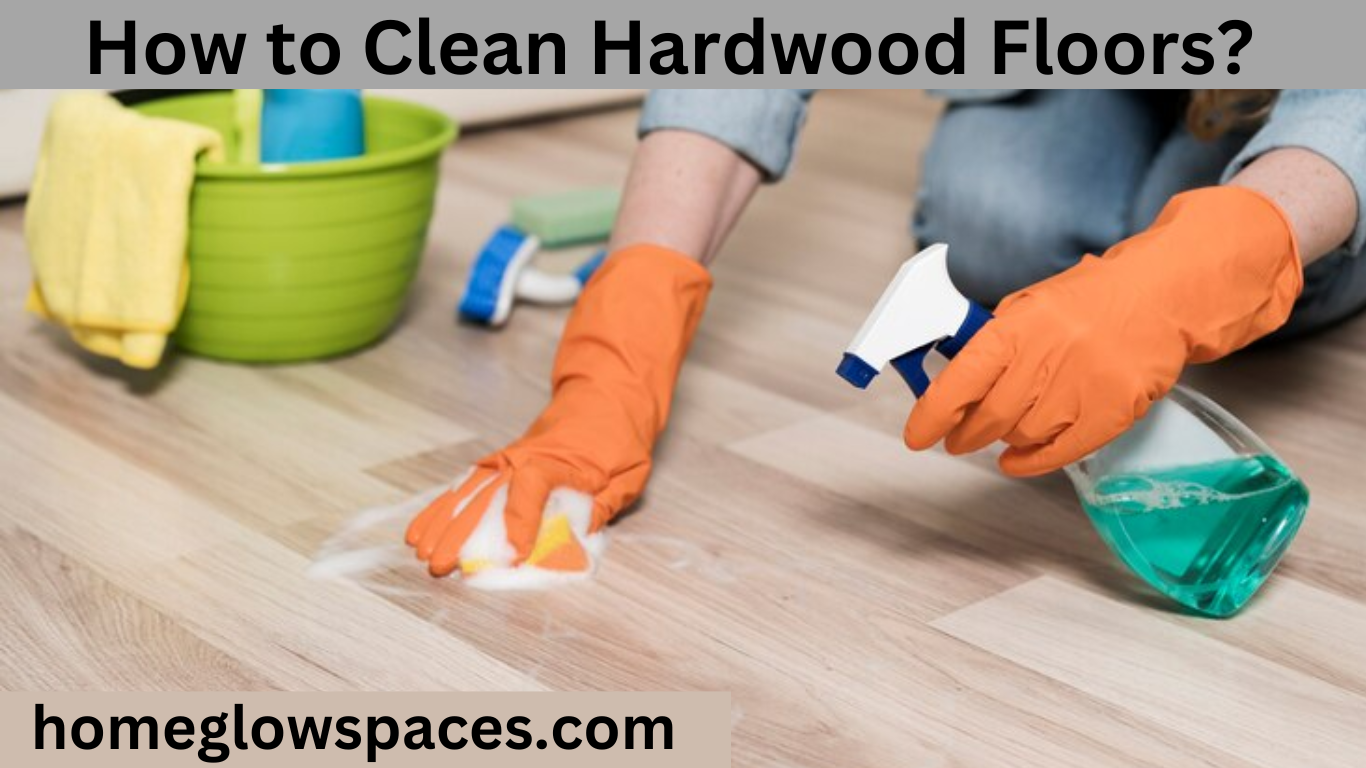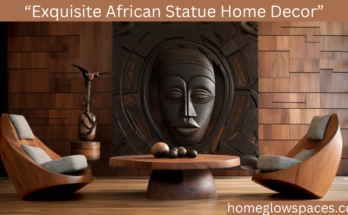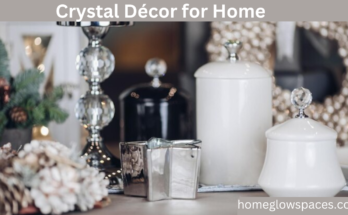Introduction
Hardwood floors never go out of fashion. They offer a comfort that is rich and great but also strong and priceless. However, such a floor needs particular attention while maintaining it. If you recently installed a hardwood or are looking for inspiration on how to keep it this way, then you are in the right place. Here’s the best guide for cleaning your hardwood floor, what not to do, and how to keep them bright for many years.
Understanding the Different Types of Hardwood Floors
Before we enter cleaning procedures, it is essential to know what type of hardwood flooring one is dealing with. There are different types, each that requires its specific needs when cleaning and maintaining it.
Solid Hardwood
The solid hardwood floors are made in one piece of wood, usually about 3/4 of an inch thick. These can be very durable and less prone to water damage and warping if properly maintained.
Engineered Hardwood
Engineered hardwood, on the other hand, is a newer product made of multiple layers of wood veneer. It is generally more resistant to moisture and humidity, but still needs to be cleaned properly to avoid surface damage.
Typical Errors to Avoid in Hardwood Floor Cleaning
Cleaning hardwood floors is a pretty easy job, but mistakes also happen. Here are some of the most common kinds you should not make:
Using Too Much Water: Doesn’t mix well with water. Moisture does all sorts of warping and swelling.
- Using Harsh Chemicals: Products containing ammonia or bleach can strip the finish off the flooring, making it highly susceptible to scratching.
- Skipping the Vacuum: Dust and dirt can act like sandpaper if not well cleaned before mopping to avoid scarring the surface.
How Often Should You Clean Hardwood Floors?
Its rate usually depends on your lifestyle but as a general standard:
Daily: Sweep or dust mop to clean off visible loose dirt and dust.
- Weekly: Clean using soft-bristled brush attachment to remove debris.
- Monthly:You mop with a damp-not wet-microfiber cloth or mop.
Tools and Equipment for Cleaning Hardwood Floors
Having the right equipment makes all the difference when keeping your hardwood floors clean.
Dust Mops
A good soft microfiber dust mop is one that can be used daily on the surface without leaving any marks.
Vacuum Cleaners
Cleaning off dirt and pet hair with a soft-bristle attachment on a vacuum cleaner, avoiding the beater bar which will mar the wood.
Microfiber Cloths
Microfiber cloths are ideal for spot cleaning and buffing out minor scuffs-they’re really gentle to the wood, so no streaks will remain.
Step-by-Step Guide to Cleaning Hardwood Floors
Daily Maintenance
Sweep debris promptly with a microfiber dust mop for daily cleaning so as not to gather dust that dampens the finish on your floors.
Weekly Cleaning Routine
Vacuum once a week with the soft-bristle attachment for getting into all the crevices between floorboards and leave yourself a fresh, clean look by using a lightly damp mop.
Monthly Deep Cleaning
Once a month: Dust hardwood flooring using a soft-bristled brush and then mop with a specialized wood floor cleaner or very mild homemade mixture. Never soak the floor; damp, not wet!
How to Remove Stains from Hardwood Floors
Accidents happen, but that doesn’t mean it should leave permanent marks on your stunning floors.
Water Stains
Most of the water stains can be removed using a soft cloth with a little floor cleaner. For those that penetrate deeper, you might need to do some light sanding of the area and refinishing it..
Oil Stains
Oil-based stain: Sprinkle some baking soda over the stain. Allow it to soak for some hours and then remove with a damp cloth.
Pet Accidents
Pet accidents will be cleaned up promptly with an enzyme-based cleaner to eliminate odors and prevent staining.
Best Cleaning Products for Hardwood Floors
Of course, good products do exist in the market, but among some of the best could be mentioned:
Natural Cleaners
Perhaps vinegar and water would do many light cleaning tasks, but use this solution sparingly, as vinegar can eat through the finish in time.
Commercial Products
Use cleaners specifically designed for hardwood floors, which clean without stripping the finish. Some popular options include Bona and Murphy’s Oil Soap.
DIY Hardwood Floor Cleaning Solutions
If you prefer natural solutions, you can easily make effective hardwood floor cleaners with ingredients you probably already have.
Vinegar and Water
Mix equal parts of white vinegar to ten parts water for a safe and gentle cleaner. Use sparingly to avoid over-wetting the floor.
Olive Oil and Lemon Juice
To make a totally natural polish, mix a few drops of lemon juice into some olive oil and apply with a microfiber cloth for a great shine.
How to Clean Hardwood Floors Without Damaging the Finish
Make sure only to use products specifically manufactured for hardwood floors. Avoid excessive water, as well as chemicals that will seep into the finish of the floor. Only lightly spray cleaner on, then let your floors dry quickly.
The Importance of Polishing and Waxing Hardwood Floors
It gives a protective layer to your hardwood floors and makes the floors shine brighter, for longer durations. Polish should be done every 2-4 months, based on the wear and tear.
How to Protect Hardwood Floors from Scratches and Wear
Felt pads under furniture legs and rugs in traffic areas can help. Avoid wearing shoes inside, especially high heels Scratching.
Common Problems with Hardwood Floors and How to Fix Them
Scratches
Surface scratches can be erased using a soft cloth and the wood floor repair kit. More severe damage usually requires sanding and re-finishing.
Dullness
If they are dull, it may be time to have a professional polish, or it may even need a deep clean with a hardwood-specific product.
Gaps Between Boards
Wood expands and shrinks with humidity. If there are cracks, attempt to introduce humidifier during winter months to keep humidity at a more consistent level.
Myths About Cleaning Hardwood Floors
- Myth: “Any cleaning agent can be used for hardwood floors.”
- Fact: ONLY Use products designed for hardwood floors
- Myth: “Hardwood steam cleaners are safe.”
- Fact: Steam cleaners generate heat and moisture; that can damage wood.
Conclusion: Keeping Your Hardwood Floors Looking Their Best
These cleaning tips and maintenance routines ensure that the hardwood floors maintain their beauty and shine throughout the years. Regular care, paying attention to even the smallest of details, and using the right products will keep them as impressive as they were when they were first installed.
FAQs
- Can hardwood floors be cleaned with a steam mop?No, steam mops can damage hardwood because of both heat and moisture.
- What is the best way to remove scratches from hardwood floors? Wood floor repair kits can be very useful for light scratches, but deeper scratches could require sanding and refinishing.
- What’s the best cleaner for hardwood floors? Use a product meant for hardwood, such as Bona or Murphy’s Oil Soap.
- How often should I polish my hardwood floors? Every 2-4 months, depending on the foot traffic leve
- Can vinegar damage hardwood floors? Vinegar is safe if used sparingly and diluted properly. However, excessive application dulls the finish.



